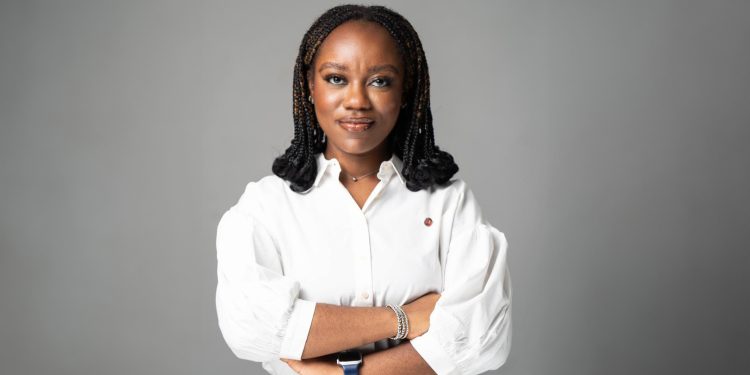Traditionally, in the African culture, respect for elders is deeply ingrained. We’re taught to view them as repositories of wisdom, having weathered life’s storms and emerged with a broader perspective. This deference, however, often hinges on the assumption of earned respect.
But what happens when this respect is taken for granted? Yes, elders have lived longer lives, but life experience doesn’t automatically translate to wisdom or good character. Unfortunately, some elders weaponise their age, resorting to outbursts or dismissive pronouncements like “Am I your mate?” when nuance is introduced into conversations by someone younger.
This is where the concept of respect becomes complicated. I believe that true respect isn’t blind obedience. It’s about acknowledging the experiences that have shaped someone and valuing their viewpoint. But it also involves holding people accountable for their behaviour, regardless of age. There’s a difference between respecting someone’s age and respecting their actions. The broad perspective which older people are supposed to have, ideally, should foster understanding and a willingness to learn. It shouldn’t lead to a stubborn clinging to impractical ideas. It’s sad when elders become stuck in their ways, shutting down any attempt at dialogue.
So, how do we navigate this terrain? Here are some of my thoughts:
Open Communication: We need to cultivate an environment where open and respectful dialogue is encouraged, regardless of age.
Focus on Ideas: During discussions, let’s focus on the merits of the ideas themselves, not the age of the person presenting them.
Mutual Respect: Respect shouldn’t be a one-way street. Elders should also strive to understand and respect the viewpoints of younger generations.
Learning from Each Other: Let’s move away from a rigid age hierarchy. Instead, let’s create a space where knowledge and wisdom can flow freely in both directions. Elders can share their experiences, while younger generations bring fresh perspectives to the table.
Ultimately, respect for our elders is admirable, but it shouldn’t excuse bad behaviour or stifle open communication. By creating a space for mutual understanding and respectful dialogue, we can bridge the generational gap and learn from each other, fostering a more inclusive society.


